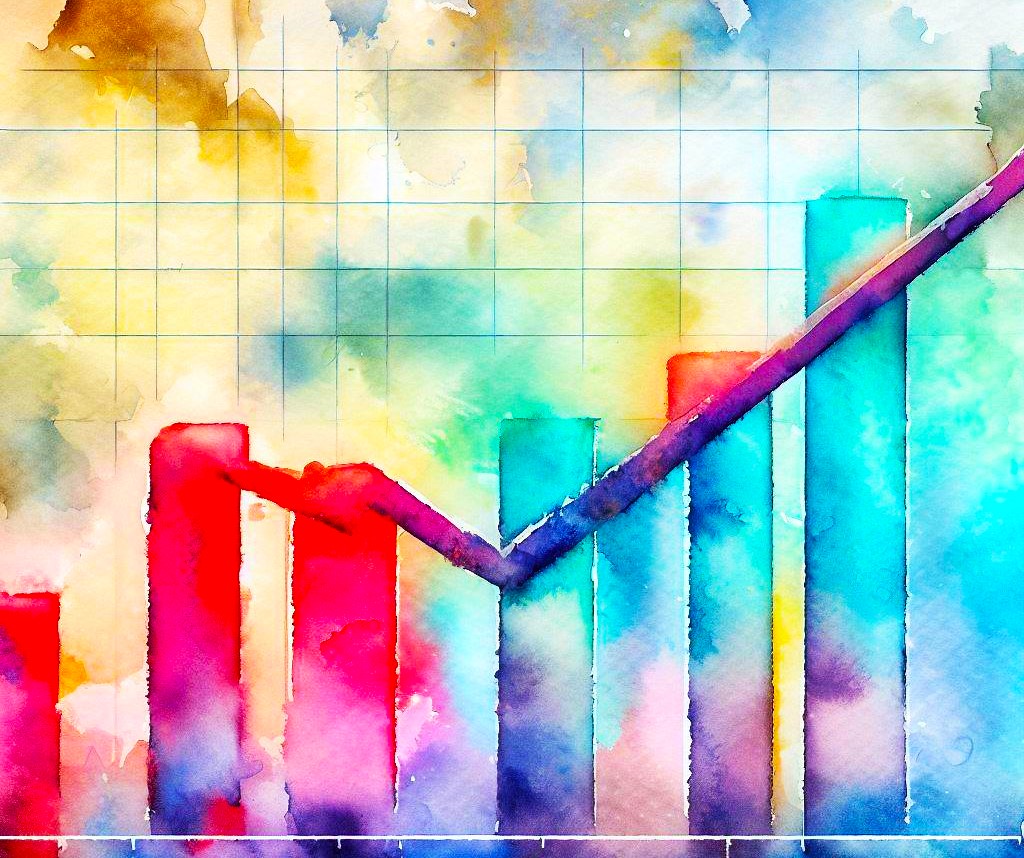Up slightly for the first time in a year
U.S. consumer prices rose a mild 0.2% in July, but the rate of inflation rose for the first time in more than in a year in a sign it’s going to take a while to get the cost of living fully under control. But a steady slowdown in inflation over the past year could keep the Federal Reserve on the sidelines when officials consider whether to raise interest rates again at their next meeting in September.
The yearly rate of inflation, rose to 3.2% from to 3% in the prior month. It’s the first increase in 13 months, though inflation has eased considerably since hitting a 40-year high of 9.1% in 2022. The core rate of inflation, which omits volatile food and energy costs, also rose 0.2% last month.
The increase in core inflation over the past year slowed slightly to 4.7% from 4.8%. That’s the lowest rate in almost two years. The Fed doesn’t ignore food and energy prices, but the central bank views the core rate as a better predictor of inflation trends. Even so, the core rate of inflation remains well above the Fed’s 2% goal.
Rapid rate rise
Over the past year the U.S. central bank has been raising interest rates rapidly to try to slow the economy and dampen inflation, but it’s unclear if the Fed will continue to do so at its next meeting in September 2023. Financial markets put the odds close to zero.

Inflation has slowed sharply in the first half of 2023, but further gains this year are unlikely to come as easy. U.S. gas (petrol) prices are on the rise again. U.S. rent and house prices are still going up. And labour costs are increasing more than 4% a year, making it harder for the Fed to achieve its inflation target.
Robust economy
The U.S. economy, for its part, is still expanding at a surprisingly robust pace. Strong consumer demand could keep prices elevated, especially for popular services such as hotel rentals, dining out and entertainment.
Whether inflation is still rising too fast for the Fed to necessate another rate hike in September remains to be seen, for now.







